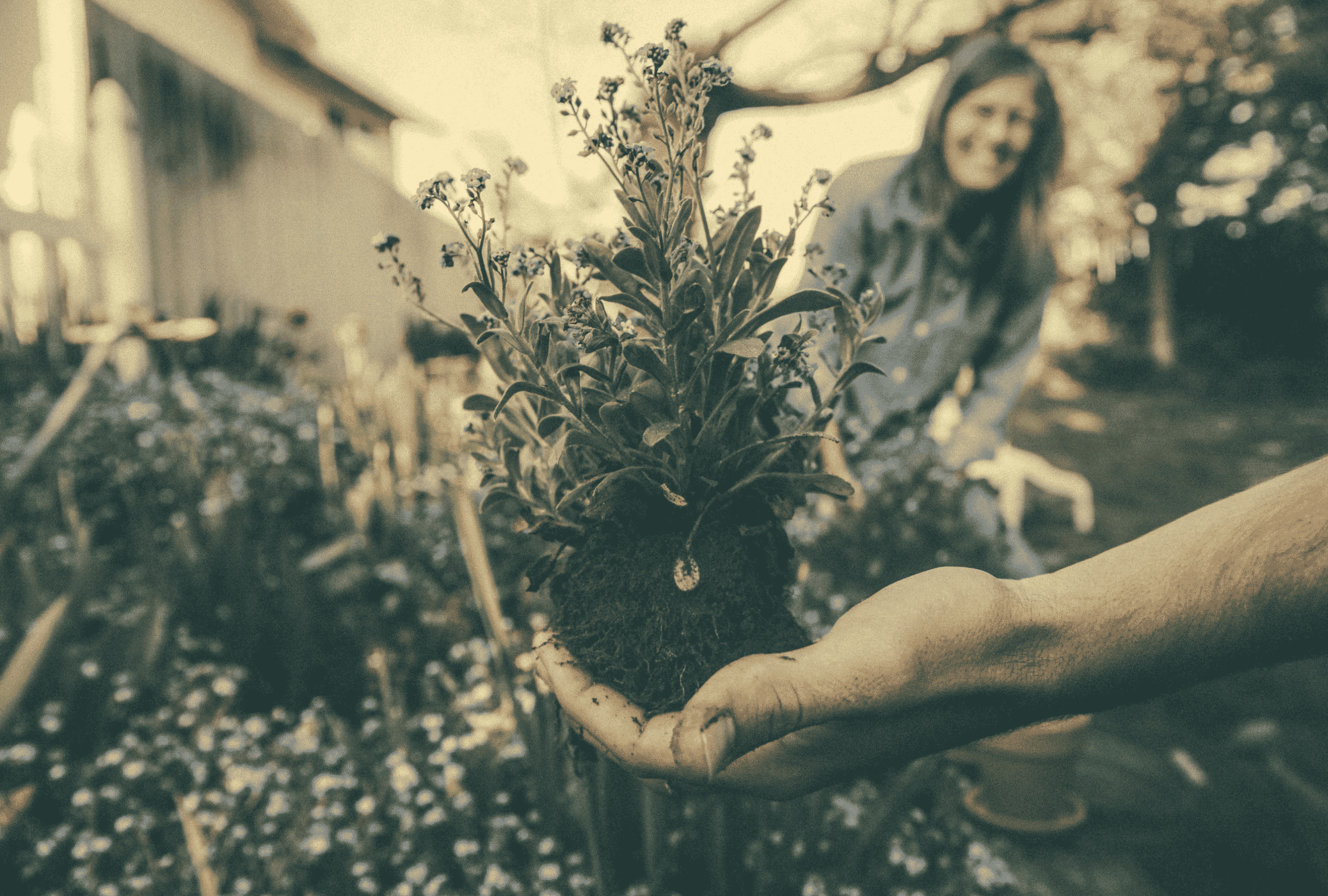Expressive therapy, sometimes referred to as “experiential therapy”, is an approach to therapy that comes out of the holistic wellness model. By using physical and creative expressions like art, music, or play, expressive therapy helps clients to process emotions in a way that enhances and supports other forms of therapy that we provide at MARR like individual talk therapy, groups, and skill-based approaches.
Involving the physical body and creative expression allows clients an opportunity to work through emotions that they might not be able to in traditional talk therapy.
Gardening as a Recovery Tool
One of the ways that we implement expressive therapy at MARR is through our community vegetable gardens. Physically engaging with the life cycle of the plants facilitates a deep level of learning about the patterns of growth and development that translate into their lives outside of treatment.
Like gardening, recovery is a long, extended process that requires attention and care. It doesn’t happen overnight. It often involves setbacks and disappointments as well as moments of excitement and surprising growth. The patience required for both can be frustrating. This is particularly the case in the early days when there is not much to show for their efforts. Like the seed going into the soil, a new life in recovery starts from a humble place.
Through gardening, all of these lessons are learned deeper than one learns them by reading or hearing these metaphors. By getting their hands in the soil, our clients have an opportunity to learn these realities in a tactile way. The creative act of moving the dirt around puts them in touch with the pattern that all of life follows.
Normalizing the Process of Growth
One of the tricks that addiction plays is convincing the addict that their situation is absolutely unique to them. To counter this, the process of planting seeds and nurturing them as they grow allows our clients to physically experience that all the natural world follows the pattern of death and rebirth. They are not alone. The lessons they are learning through their struggles in early recovery are deeply tied to the pattern of life itself.
This daily activity of caring for something over the course of time carries a wealth of experience that translates into a life in recovery.
At MARR, the creative and expressive act of gardening is a therapeutic activity that allows our clients to work through and see the beauty of the rebirth they are experiencing in early recovery.



